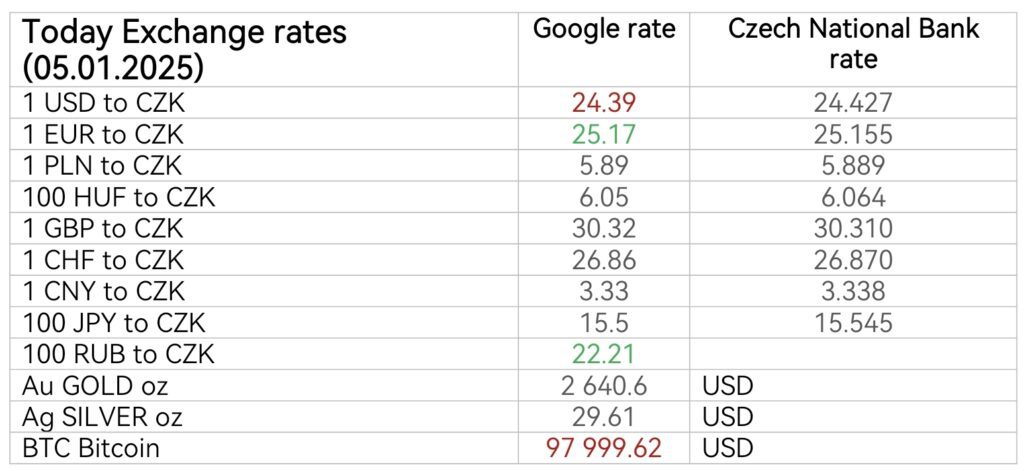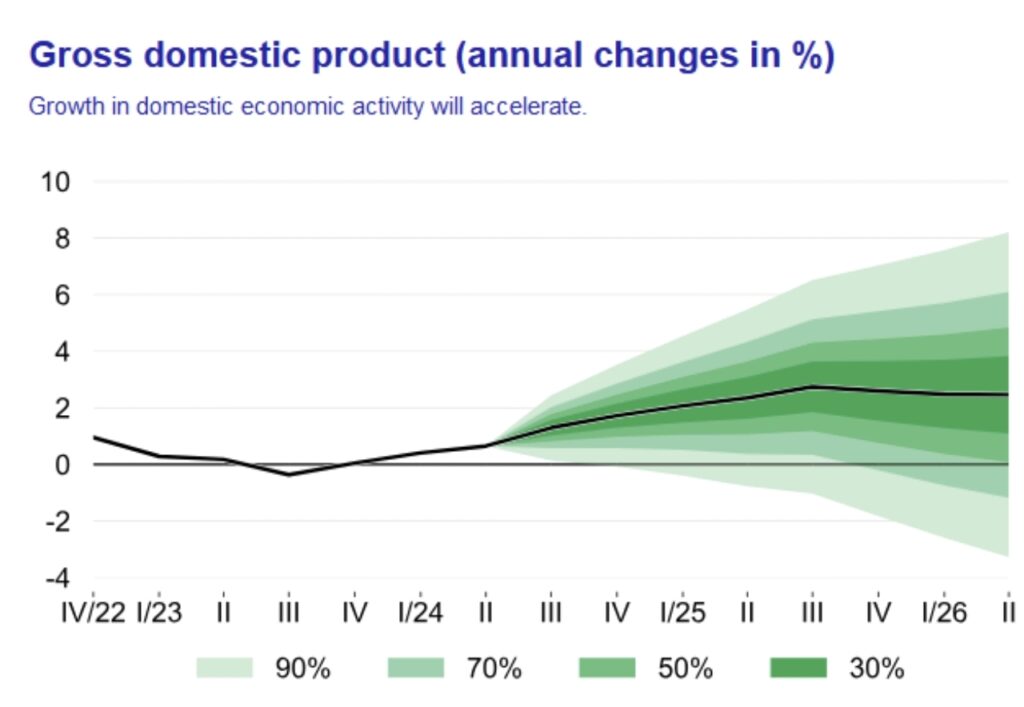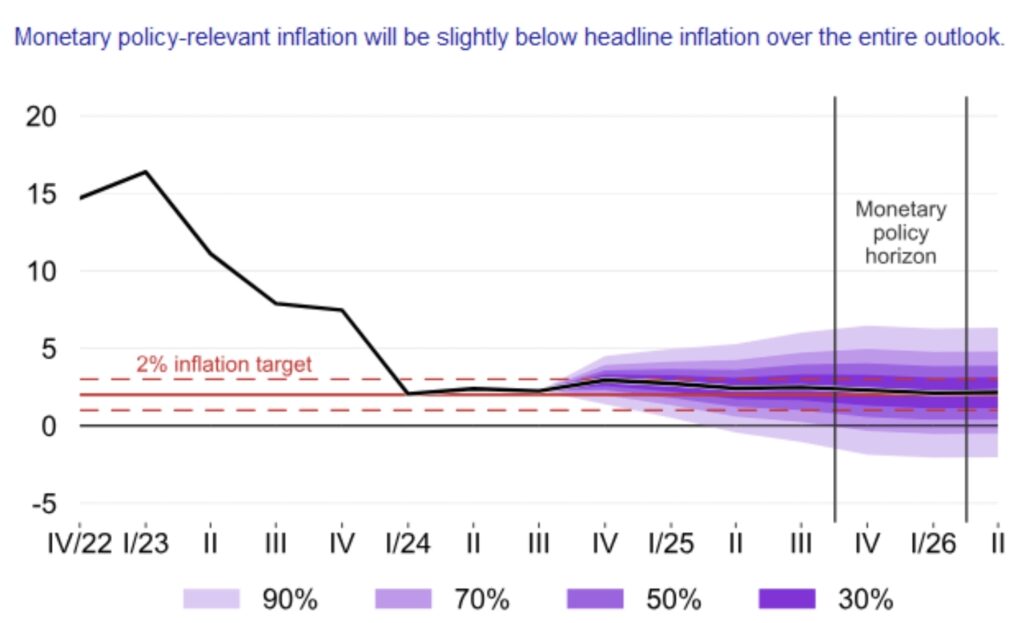
Overview of the latest economic events in the Czech Republic
Households continue to face rising electricity costs, which now exceed German household rates by 20 %. Meanwhile, adverse weather has caused disruptions, with Prague's Václav Havel Airport temporarily halting operations due to freezing rain, underscoring infrastructure and logistics challenges.
Foreign investments - trends and attractions: 24-hour overview
Foreign investment in the Czech Republic has maintained its momentum, especially in renewable energy projects. Recent reports highlight new collaborations between international firms and local entities to expand capacity in solar and wind energy. In addition, foreign car manufacturers continue to channel funds into Czech plants and focus on innovation and production of electric vehicles. These trends underline the strategic attractiveness of the Czech Republic in Central Europe for investment in green energy and the automotive industry.
Important events from the Czech Republic
Highlights of the day included discussions on diversification of energy sources and policy adjustments to address rising household costs. The government announced plans to accelerate the deployment of small modular reactors in cooperation with international energy companies. These developments are expected to increase energy security and stabilise domestic prices.
CEZ shares rose by 6 % as the Prague Stock Exchange closed higher, supported by strong investor confidence in the energy sector. Government plans to expand nuclear power and renewable energy capacity remain a key driver of optimism. In addition, a data leak from carmaker Volkswagen revealed sensitive information on the tracking of electric vehicles, raising privacy concerns.
Significant events outside the Czech Republic with global impact Global economic trends are impacting Czech markets. Rising oil prices and continued supply chain disruptions are creating ripple effects that affect manufacturing and export activities. Meanwhile, Germany's push for tax incentives for electric vehicles could change the dynamics of intra-European trade, which could benefit Czech automotive exports. The Czech Republic's proactive response to energy and investment challenges ensures its position as a key player in the European economy.
Overview of the main macroeconomic indicators from the Czech Republic: January 2025

HDP Q3 1,4%
Latest GDP forecast by the Czech National Bank: (annual GDP change)
2024: 1.0 %
2025: 2.4 %
2026: 2, 4 %
HDP: 342 990 000 000 USD
GDP per capita: 33 040 USD
GDP purchasing power parity: 645 540 000 000 USD
Average gross nominal wage Q3 2024: 45 412 CZK (+7%)
Minimum wage: 20 800 CZK


Interest rate (December 2024): 4%
Inflation rate - consumer price index (annual) 2.8 %
Inflation rate - consumer price index (month-on-month) 0.1 %
Average annual inflation (2023): 10.7% (2022: 15.7%)
Industrial producer price index (annual) 1.7 %
Market services price index (annual) 3.7 %
Construction work price index (annual) 2.5 %
Agricultural producer price index (annual) 5.5 %
Money supply M3 (October 2024): 7 002 614 340 000 CZK
Money supply M3 (2002): CZK 1 339 928 850 000
(M3 reflects the total amount of money in circulation in the economy)
Deficit/surplus of public finances Q3 2024: -34 406 000 000 CZK
Consolidated public debt Q3 2024: CZK 3,449,937,000,000
Population 2024/9: 10 897 237
Total number of economic operators 2023: 2 800 294
Number of economic entities with identified activity 2023: 1 668 516
Number of natural persons in business 2023: 1 968 473
Sources:
Czech Statistical Office, official website accessed 3.1.2025, https://csu.gov.cz/
Czech National Bank, official website, accessed 3.1.2025, https://www.cnb.cz/
Czech National Bank - Monetary Policy Report - Autumn 2024 page 19, accessed 28.12.2024
International Monetary Fund, official website, accessed 4 January 2025, https://www.imf.org/
GH
photo: smartlux.cz




2 comments
Can you be more specific about the content of your article? After reading it, I still have some doubts. Hope you can help me.
Thanks for sharing. I read many of your blog posts, cool, your blog is very good.